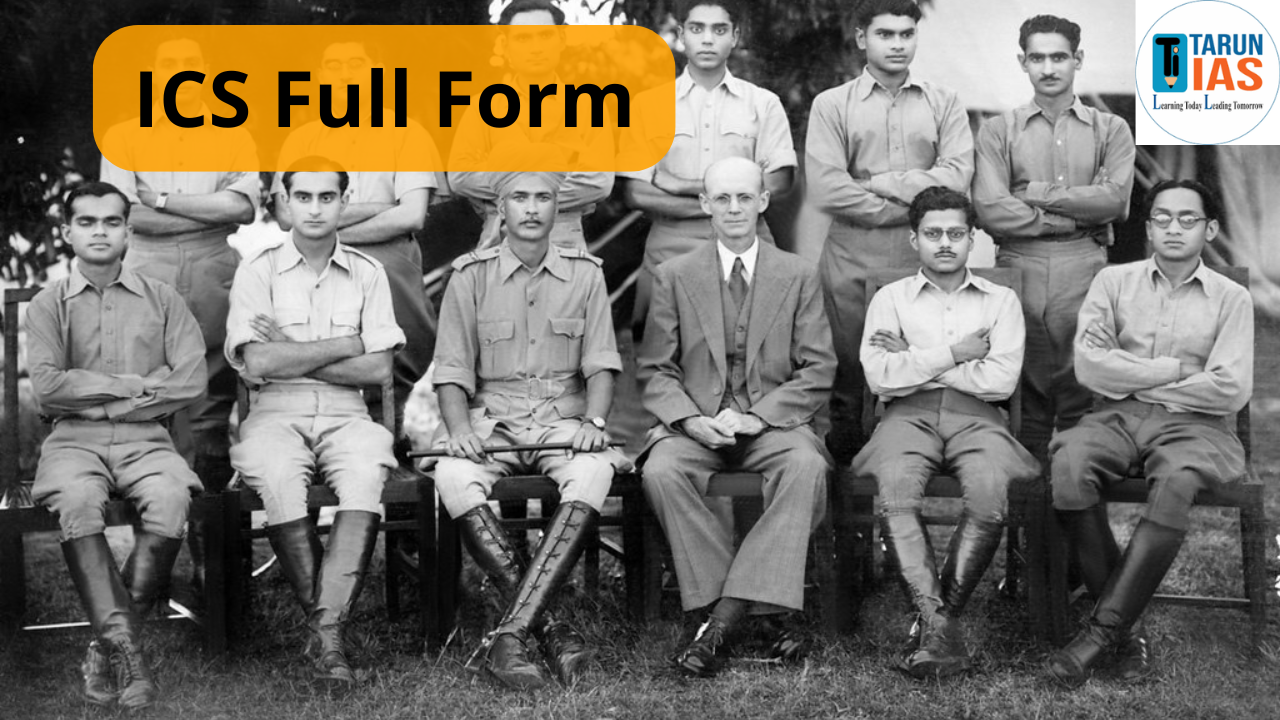ICS full form is Indian Civil Service. It was the backbone of governance in India during the British colonial era and played a vital role in shaping the country’s administrative framework. Known for its prestige, discipline, and authority, the ICS was responsible for policy implementation, law enforcement, and maintaining order.
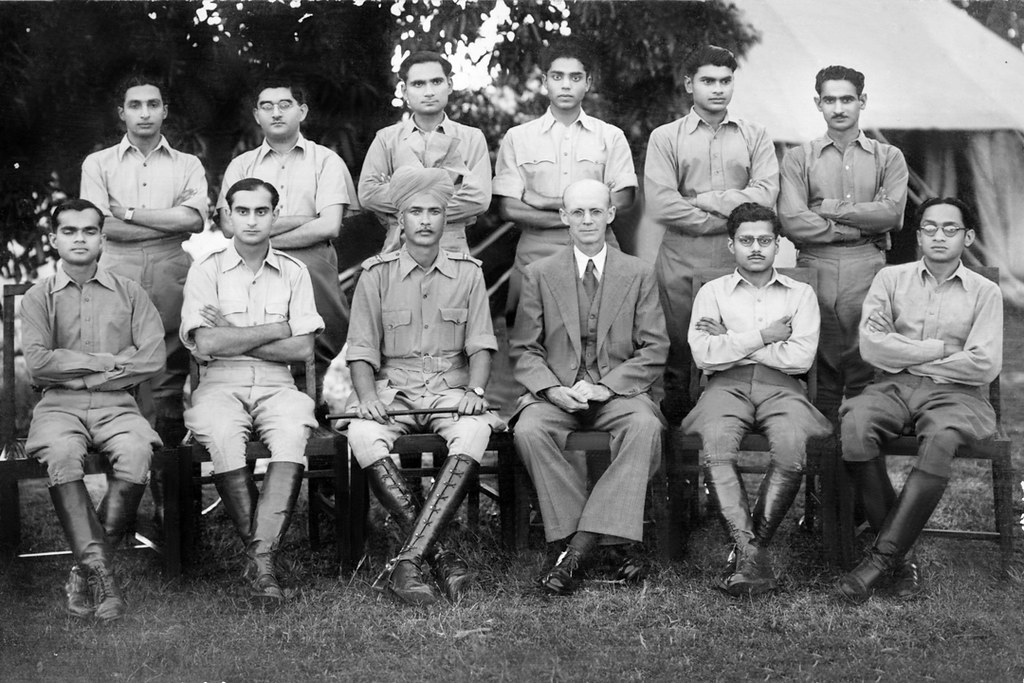
The last batch of ICS officers in the Indian Civil Service
ICS Full Form
ICS full form is Indian Civil Service. While it no longer exists, its successors the IAS, IPS, and IFS still follow the same merit-based recruitment system. The Civil Services Examination today is a continuation of the competitive selection method introduced for ICS officers.
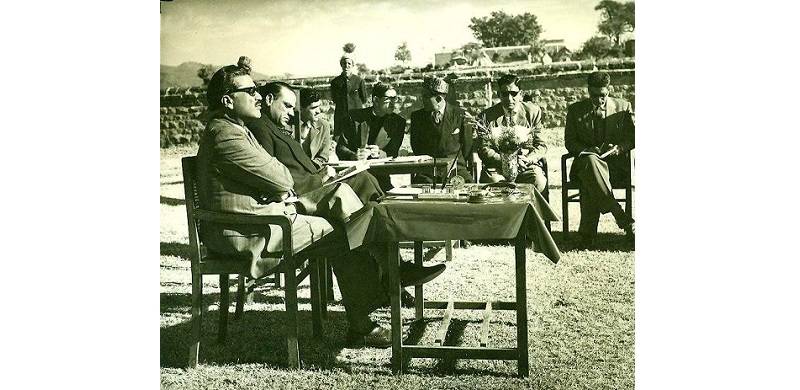
What is ICS?
ICS was a cadre of permanent officials selected through competitive examinations. They worked at Union, Provincial, and District levels to:
- Formulate policies
- Implement laws
- Manage revenue collection
- Maintain administrative order
The ICS was introduced by the Charter Act of 1853, with reforms led by Lord Charles Cornwallis, the Father of Civil Service in India.

Also read – How To Become An IAS Officer
Charles Edward Cornwallis V
ICS Full Form History
ICS evolved over more than a century through a series of reforms, acts, and institutional changes that shaped its structure, recruitment, and function. The ICS evolved through multiple acts and reforms:
| Year/Period | Event/Reform | Significance |
| 1786–1793 | Cornwallis Reforms | Europeanisation of service, anti-bribery measures, high salaries |
| 1793 | Charter Act 1793 | Age limit 22; posts restricted to Company servants |
| 1800 | Fort William College | Training for civil servants in India |
| 1853 | Charter Act 1853 | Open competitive exams introduced |
| 1854 | Macaulay Committee | Syllabus & merit-based selection |
| 1861 | Indian Civil Service Act 1861 | Limited entry for Indians |
| 1922 | First ICS exam in India | Allahabad under Govt of India Act 1919 |
| 1947 | ICS abolished | Replaced by IAS, IPS, IFS |
ICS Full Form Started in India by Which Act?
The Charter Act of 1853 marked the formal beginning of the Indian Civil Service (ICS) in its recognizable form. This Act removed the old patronage-based appointment system and introduced open competitive examinations for recruitment. It was followed by the Macaulay Committee Report (1854), which laid down the syllabus, entry rules, and a merit-based selection process setting the tone for a professional and efficient bureaucracy.
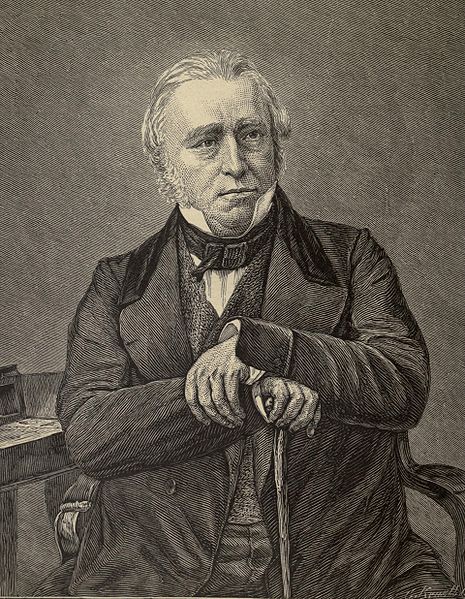
Thomas Babington Macaulay
ICS Full Form Evolution During British Rule
In the early years, the Indian Civil Service (ICS) was dominated almost entirely by British officials, with very little Indian representation. Over time, a series of reforms gradually opened the doors for Indians to join the service.
Key Milestones in the ICS Evolution:
- Charter Act of 1853: Introduced open competitive examinations, ending the old system of appointments through patronage.
- Macaulay Committee Report (1854): Recommended merit-based recruitment and framed the examination structure.
- Indian Civil Service Act, 1861: Allowed a small number of Indians to enter the service.
- Islington Commission (1912): Suggested holding examinations both in India and in England to increase accessibility.
- Lee Commission (1923): Classified services into All India, Central, and Provincial categories.
ICS Full Form Who Introduced in India?
ICS in India was shaped under British rule, with major credit going to Lord Cornwallis,often called the Father of Civil Service in India. Between 1786 and 1793,
- He introduced far-reaching administrative reforms that established a disciplined and structured bureaucracy.
- The system took a formal shape with the Charter Act of 1853, which ended the old patronage-based appointments and introduced an open competitive examination for recruitment.
- This landmark change became a turning point in India’s administrative history, setting the base for a modern and merit-based civil service.

Charles Edward Cornwallis V
ICS Full Form First Exam in India
For decades, the ICS examination was held only in London, which created a major barrier for most Indian aspirants. This changed with the Montagu Chelmsford Reforms under the Government of India Act, 1919, which made it possible to hold the exam in India as well.
In 1922, the first ICS examination on Indian soil was conducted in Allahabad, a landmark step towards Indianisation of the service.
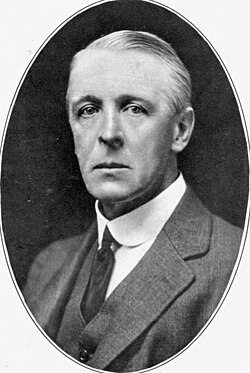
Montagu Chelmsford
ICS Full Form First Indian to Join
In 1863, Satyendranath Tagore became the first Indian to qualify for the ICS. A reformer, linguist, and elder brother of Rabindranath Tagore, he broke the racial barrier in the service and inspired future generations of Indian aspirants to aim for higher administrative positions.
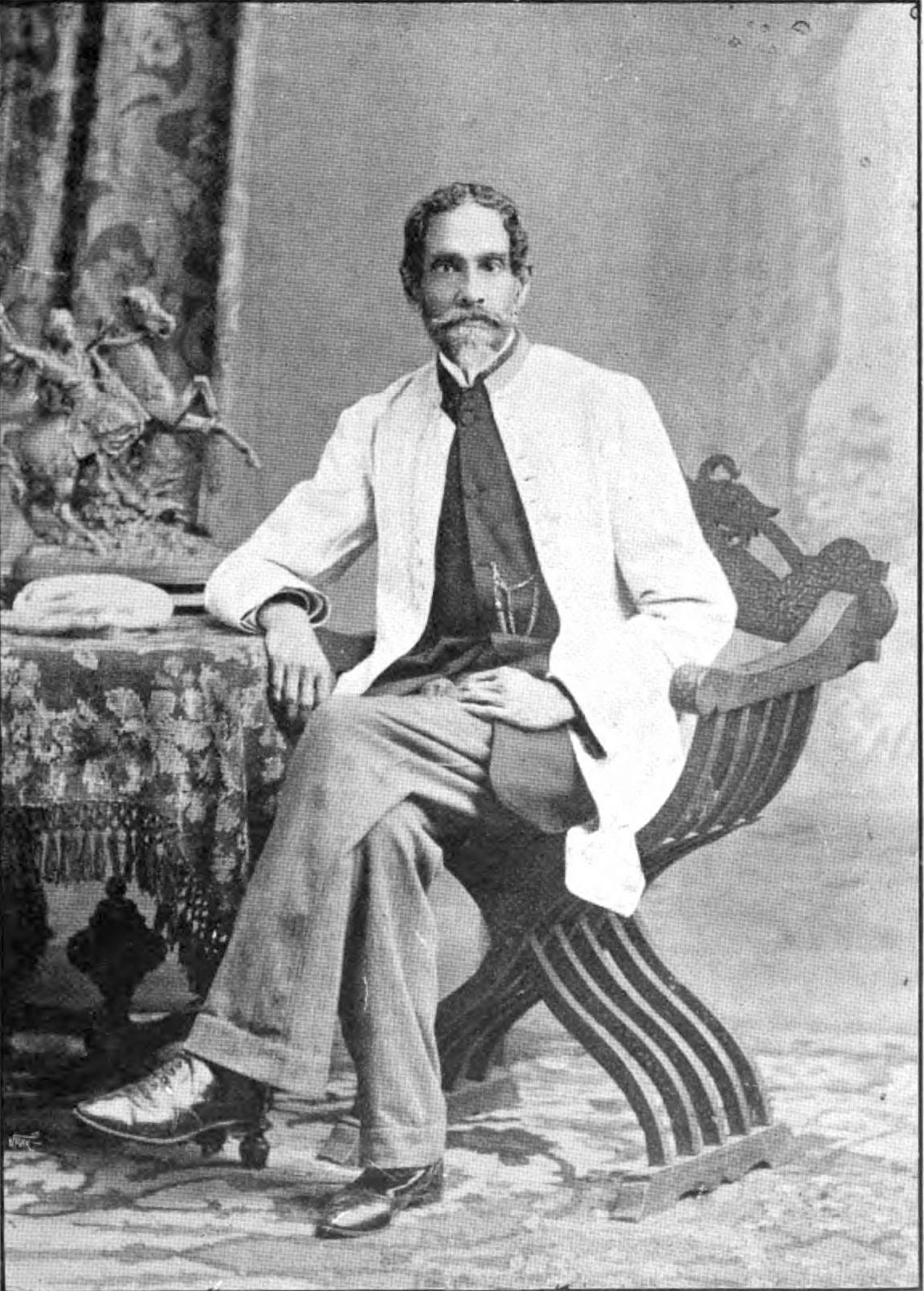
Satyendranath Tagore
ICS After Independence
After 1947, the ICS was abolished and replaced by the Indian Administrative Service (IAS), Indian Police Service (IPS), and Indian Foreign Service (IFS) as the three All India Services under Article 312 of the Indian Constitution.
The focus of civil services shifted from maintaining colonial control to promoting democratic governance, development, and public welfare.
Union Public Service Commission (UPSC) conducts the Civil Services Examination (CSE) to recruit officers for:
- IAS – Indian Administrative Service
- IPS – Indian Police Service
- IFS – Indian Foreign Service
- IRS – Indian Revenue Service
- IAAS – Indian Audit and Accounts Service
- IIS – Indian Information Service
- Various other central and state services
Stages of the Exam:
- Preliminary Examination – Objective type
- Main Examination – Descriptive type
- Personality Test – Interview
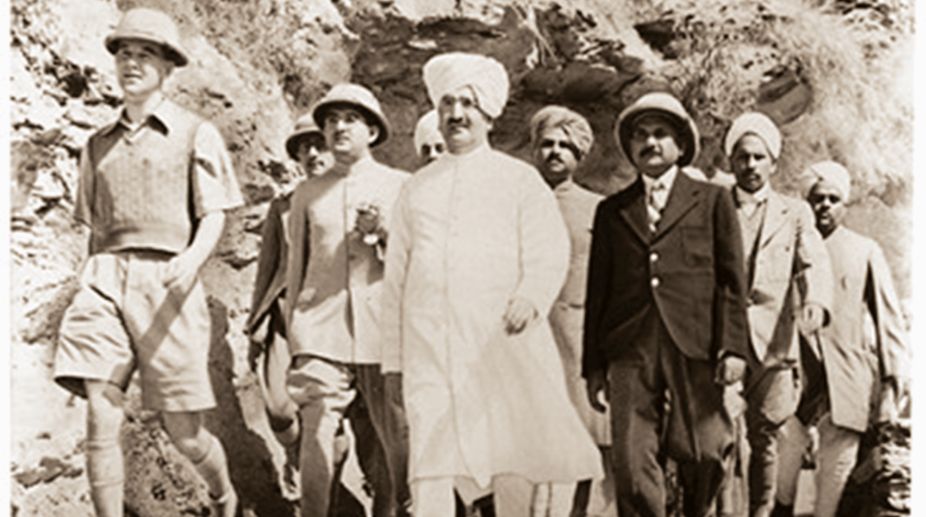
The bureaucracy of the British – The Statesman
ICS Full Form Importance in India
These roles highlight why the civil service remains crucial in India, ensuring that governance is effective, stable, and citizen-focused across the nation.
- Policy Implementation: Turns government policies into action on the ground.
- Administrative Stability: Maintains governance despite political changes.
- Rule of Law: Ensures justice, fairness, and equality in administration.
- Public Service Delivery: Connects government schemes with citizens.
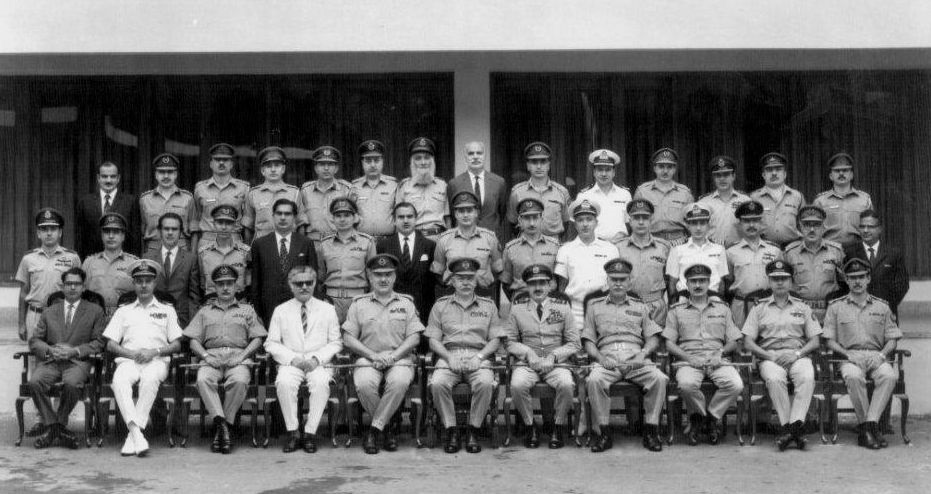
Last Of The Indian Civil Service (ICS)
ICS Full Form Present Day Structure
To understand how India’s governance functions today, it’s important to look at the present-day structure of civil services and their respective roles.
| Service Type | Examples |
| All India Services | IAS, IPS, IFS |
| Central Services | IRS, IAAS, IIS |
| State Services | PCS, State Police |
ICS Importance in Indian History
Understanding the importance of ICS in Indian history helps us see how it shaped the administrative framework that modern India relies on.
- Introduced merit-based bureaucracy
The ICS implemented a system where officials were selected based on ability and knowledge rather than patronage, ensuring fairness and competence in administration. - Ensured continuity of governance
By providing a permanent cadre of trained officers, the ICS maintained stable administration even during changes in political leadership. - Created a structured administrative system
It established clear hierarchies, roles, and responsibilities, bringing order and efficiency to governance across the country. - Served as the foundation for UPSC services today
The ICS model inspired the modern civil services, including IAS, IPS, and IFS, forming the backbone of India’s administrative and policy framework.
ICS Full Form Quick Overview
This quick overview provides a snapshot of the Indian Civil Service, but to truly understand its significance, we need to explore its historical evolution, key reforms, and transformation after independence.
| Feature | Details |
| ICS Full Form | Indian Civil Service |
| Introduced By | British Government (Charter Act 1853) |
| Reformed By | Lord Charles Cornwallis |
| First ICS Exam in India | 1922, Allahabad |
| First Indian ICS Officer | Satyendranath Tagore (1863) |
| Colonial Purpose | Strengthening British administration |
| Post-Independence | Replaced by IAS, IPS, IFS in 1947 |
| Exam Conducted By | UPSC |
| Exam Stages | Preliminary → Mains → Interview |
Conclusion
The ICS full form is Indian Civil Service, which laid the foundation for modern Indian governance. It introduced a merit-based administrative system and professional bureaucracy. Over time, it evolved into IAS, IPS, and IFS, continuing to shape India’s administrative framework.
ICS Full Form FAQs
What is the ICS full form?
ICS full form is Indian Civil Service, the top administrative service during British rule.
Who was the first ICS officer in India?
Satyendranath Tagore became the first Indian ICS officer in 1863.
When was the Indian Civil Service Act passed?
The Indian Civil Service Act was passed in 1861.
When was the first ICS exam held in India?
In 1922, the first ICS exam in India was conducted at Allahabad.
What replaced ICS after independence?
The IAS, IPS, and IFS replaced ICS as All India Services in 1947.
What is the ICS full form?
ICS full form is Indian Civil Service, the top administrative service during British rule.
Who was the first ICS officer in India?
Satyendranath Tagore became the first Indian ICS officer in 1863.
When was the Indian Civil Service Act passed?
The Indian Civil Service Act was passed in 1861.
When was the first ICS exam held in India?
In 1922, the first ICS exam in India was conducted at Allahabad.
What replaced ICS after independence?
The IAS, IPS, and IFS replaced ICS as All India Services in 1947.



